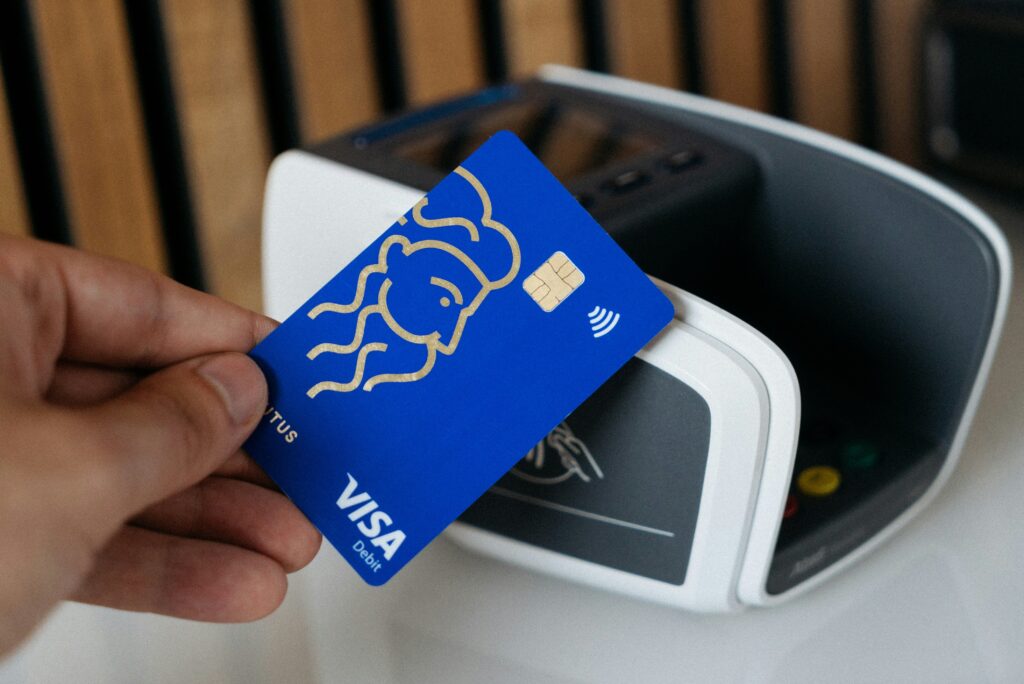ntroduction: Why Interviews Matter in U.S. University Admissions
Applying to universities in the United States is often a dream for international students seeking world-class education, exposure to diverse perspectives, and access to innovative opportunities. The process, however, is rigorous. From SAT/ACT scores and GPA to personal essays and recommendation letters, applicants are evaluated holistically. One component that adds a human element to this process is the university interview.
Unlike test scores or transcripts, the interview gives admissions officers or alumni a chance to see the applicant beyond numbers. It is not just about academic excellence; it is about character, communication skills, intellectual curiosity, and fit with the institution. For many universities, especially the Ivy League and top liberal arts colleges, interviews provide an important dimension of evaluation.
For international students, the interview also helps universities gauge cultural adaptability, motivation, and long-term goals. In many cases, it is not a deciding factor but rather a differentiator — the thing that makes an applicant memorable.
This guide will take you through every aspect of preparing for an American university interview — from understanding its purpose and structure to practicing classic questions, learning cultural nuances, and mastering advanced strategies. By the end, you will not only know what to expect but also how to shine with confidence and authenticity.
Part I: Understanding the Interview Landscape
1. Types of Interviews
Not all universities conduct the same kind of interviews. Some are formal and evaluative, while others are conversational and informational. The main types include:
- Alumni Interviews: Conducted by graduates of the university, often in your home country or online. These are typically casual conversations but still evaluative.
- Admissions Officer Interviews: Conducted by staff members directly involved in admissions. These tend to be more structured and formal.
- Group Interviews: Less common, but some universities or programs use them to see how candidates interact with peers.
- Online Interviews: Increasingly common post-2020, these use platforms like Zoom or Skype.
2. Which Universities Use Interviews?
Elite schools such as Harvard, Yale, Princeton, MIT, and Stanford often include interviews. Many liberal arts colleges (Amherst, Williams, Swarthmore) rely heavily on alumni interviews. Some state universities use them selectively for competitive programs (e.g., business schools or honors colleges).
3. Virtual vs. In-Person Interviews
Post-pandemic, most interviews are now online. This creates a new challenge: digital presence. Your background, internet connection, and camera etiquette become part of the impression you make.
Part II: The Psychology of Admissions Interviews
To excel, you must understand what interviewers are really looking for:
- Fit with the institution: Do your values, interests, and goals align with the school’s mission and culture?
- Intellectual curiosity: Are you eager to learn beyond the classroom?
- Communication skills: Can you express your ideas clearly and confidently?
- Personal qualities: Leadership, resilience, adaptability, empathy.
- Authenticity: Are you presenting your true self, not a rehearsed persona?
The interview is less about “right answers” and more about connection and storytelling. Interviewers want to see if you would thrive in their campus community.
Part III: Preparation Fundamentals
1. Research the University Thoroughly
- Explore the official website, mission statement, campus culture.
- Know specific professors, research centers, or programs that interest you.
- Be able to articulate why this school fits your goals.
2. Build Your Personal Narrative
Your story should connect past experiences, present motivations, and future aspirations. Think of it as a red thread linking your academics, extracurriculars, and ambitions.
3. Practice Communication
- Do mock interviews with friends or mentors.
- Record yourself to evaluate tone and clarity.
- Practice speaking at a natural pace, not rushing or memorizing.
4. Master Non-Verbal Cues
- Sit upright, maintain eye contact (camera for online).
- Smile naturally.
- Avoid crossing arms or fidgeting.
5. Avoid Common Mistakes
- Over-preparing and sounding robotic.
- Speaking negatively about other institutions.
- Giving generic answers like “I want to go here because it’s a top school.”
Part IV: The Classic Interview Questions (and How to Answer Them)
Below are 10 timeless questions you are almost guaranteed to face, with strategies to master them.
1. Tell me about yourself.
- Purpose: Icebreaker, chance to set the tone.
- Mistake: Reciting your entire CV.
- Best Approach: Summarize your academic interest + one personal detail + future goal. Example: “I’m a student from Pakistan passionate about renewable energy research. I’ve led a science club project on solar panels, and I hope to pursue sustainable engineering at a place like MIT where innovation meets impact.”
2. Why do you want to study in the U.S.?
- Show appreciation for U.S. education’s flexibility, research opportunities, and diversity.
- Link it to your academic goals.
3. Why this university?
- Mention specific programs, traditions, or values.
- Example: “I love that Yale’s Directed Studies Program allows me to explore great works of philosophy alongside modern political thought. That balance of tradition and innovation excites me.”
4. What do you plan to major in and why?
- Share your passion story. Avoid “My parents want me to.”
- If undecided, emphasize curiosity and openness.
5. What are your strengths and weaknesses?
- Be genuine.
- Strength: Leadership, curiosity, resilience.
- Weakness: Frame constructively (“I sometimes take on too much responsibility, but I’ve learned to delegate”).
6. Describe a challenge you faced.
- Use the STAR method (Situation, Task, Action, Result).
- Show resilience and problem-solving.
7. Tell me about your extracurriculars.
- Focus on quality, not quantity.
- Show depth: leadership roles, long-term commitment, lessons learned.
8. How do you handle stress or failure?
- Share a real failure and what you learned.
- Example: “I failed my first math competition but learned to study collaboratively, which later helped me win a team award.”
9. What books or experiences shaped you?
- Choose something meaningful, not cliché.
- Be able to explain why it mattered.
10. Where do you see yourself in 10 years?
- Show ambition but flexibility.
- Example: “I see myself working in biomedical research, ideally contributing to affordable healthcare solutions, but I also want to mentor young scientists.”
Part V: Cultural Differences for International Students
- Directness: Americans value clear, concise communication. Avoid overly long, vague answers.
- Confidence vs. Arrogance: Present achievements proudly, but always with humility.
- Politeness: Say “thank you,” acknowledge the interviewer’s effort.
- Personal Space (online too): Don’t sit too close to the camera or invade “visual space.”
Part VI: Advanced Strategies
- STAR Method: For behavioral questions (challenge, teamwork, failure).
- Bridge Technique: If asked a difficult question, bridge to something you do want to highlight.
- Storytelling Framework: Always wrap answers in mini-stories with emotion + result.
Part VII: Handling Curveball Questions
- “If you could invite 3 people to dinner?” → Choose figures who reflect your intellectual curiosity.
- “What would you change about your country?” → Be honest but constructive.
- “How will you contribute to our campus?” → Show specific ways (clubs, research, cultural exchange).
Part VIII: Final Stages of the Interview
- Ask thoughtful questions: “What makes this school’s community unique?”
- Closing: Thank them sincerely. Reinforce enthusiasm.
- Follow-up: A short thank-you email within 24–48 hours.
Part IX: Mock Interview Guide
Sample Mock Flow:
- Tell me about yourself.
- Why our university?
- Describe a challenge.
- What do you do for fun?
- Questions for us?
Record yourself. Evaluate clarity, eye contact, energy.
Conclusion
An American university interview is not about tricking you or expecting perfect answers. It’s about seeing whether you’d be a good fit for the school, academically and socially. Preparation helps you present the best version of yourself — authentic, thoughtful, and confident.
If you approach it as a conversation instead of an interrogation, you will connect naturally with your interviewer. Remember: the goal is not just to be admitted but to demonstrate why you will thrive and contribute once you are on campus.




